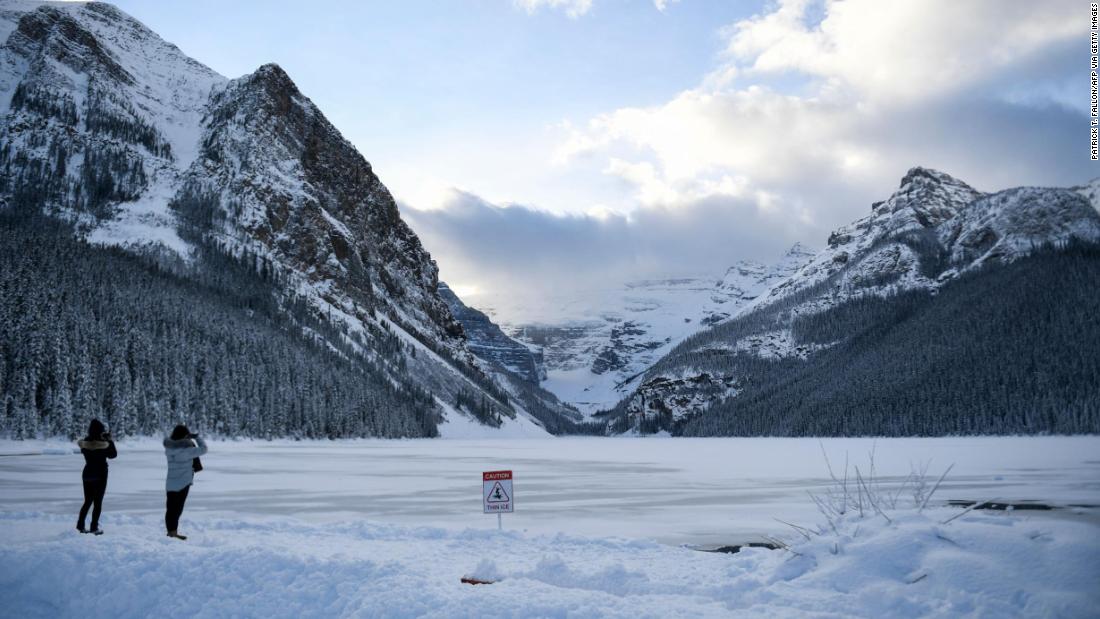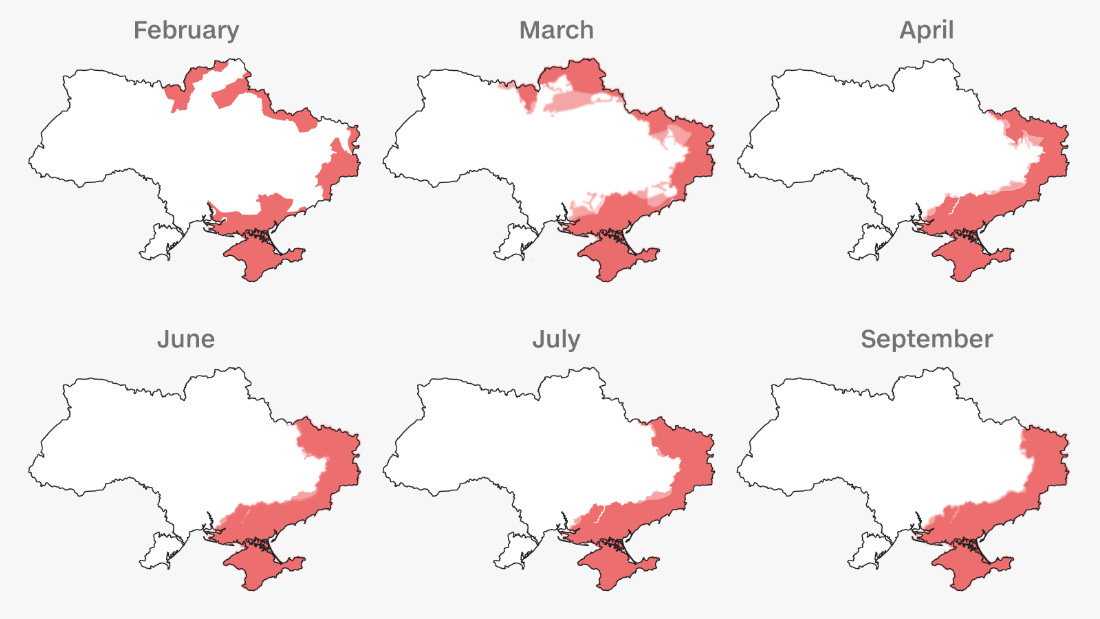Canada deemed 'very high' risk for travel
• World's longest Covid school shutdown ends • Leaked email shows Boris Johnson's top official invited staff to lockdown-breaking party


• Iceland• Ireland
• Italy
• Netherlands
• Portugal
• South Africa
• Spain
• Switzerland
• United Kingdom
Cruising

Level 3 additions
The Level 3 category -- which applies to destinations that have had between 100 and 500 cases per 100,000 residents in the past 28 days -- saw 10 new additions on Monday from a variety of regions:• Armenia• Bahrain
• Belarus
• Cape Verde
• Ethiopia
• Lesotho
• Singapore
• United Arab Emirates
• Zambia
• ZimbabweThe Level 3 designation was actually good news for Armenia and Belarus, which had previously been at Level 4. It was also good news for Lesotho and Zimbabwe, two of eight southern African countries that landed at Level 4 at the end of November after the Omicron variant was discovered in the region. The US travel ban affecting those countries was lifted on December 31.It was a move in the wrong direction for Bahrain, Cape Verde, Ethiopia and Zambia, which had been at Level 2. The United Arab Emirates jumped up two risk levels from Level 1.And Singapore, which was listed as unknown last week because of a lack of information, moved into Level 3.
Level 2
Destinations carrying the "Level 2: Covid-19 Moderate" designation have seen 50 to 99 Covid-19 cases per 100,000 residents in the past 28 days. That level saw eight new additions Monday, five of them in Africa:• Democratic Republic of the Congo• El Salvador
• Fiji
• Kuwait
• Liberia
• Rwanda
• São Tomé and Príncipe
• Togo
Level 1 and Unknown
In the category of "Level 1: Covid-19 Low" destinations, fewer than 50 new cases per 100,000 residents have been logged over the past 28 days. There were no updates to that category on Monday.Finally, there are destinations for which the CDC has an "unknown" risk because of a lack of information. Usually, but not always, these are small, remote places. No new destinations were listed in the "unknown" category on Monday.Considerations for travel
Transmission rates are important to consider when making travel decisions, but there are other factors to weigh as well, according Dr. Leana Wen, a CNN medical analyst, emergency physician and professor of health policy and management at the George Washington University Milken Institute School of Public Health. "The transmission rates are one guidepost," Wen said. "Another is what precautions are required and followed in the place that you're going and then the third is what are you planning to do once you're there."Are you planning to visit a lot of attractions and go to indoor bars? That's very different from you're going somewhere where you're planning to lie on the beach all day and not interact with anyone else. That's very different. Those are very different levels of risk."Vaccination is the most significant safety factor for travel since unvaccinated travelers are more likely to become ill and transmit Covid-19 to others, Wen said.She said people should be wearing a high-quality mask -- N95, KN95 or KF94 -- anytime they're in crowded indoor settings with people of unknown vaccination status.Before you travel, it's also important to consider what you would do if you end up testing positive away from home, Wen said. Where will you stay and how easy will it be to get a test to return home?Top image: Banff National Park in Alberta, Canada, on November 29, 2021. (Photo by Patrick T. Fallon/AFP via Getty Images)CNN's Forrest Brown contributed to this report.

 Landwebs
Landwebs 






















